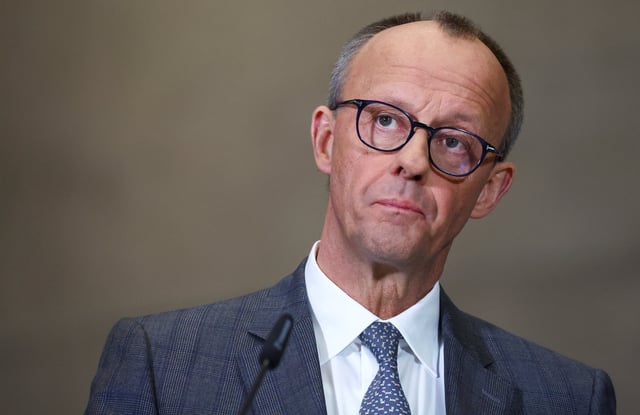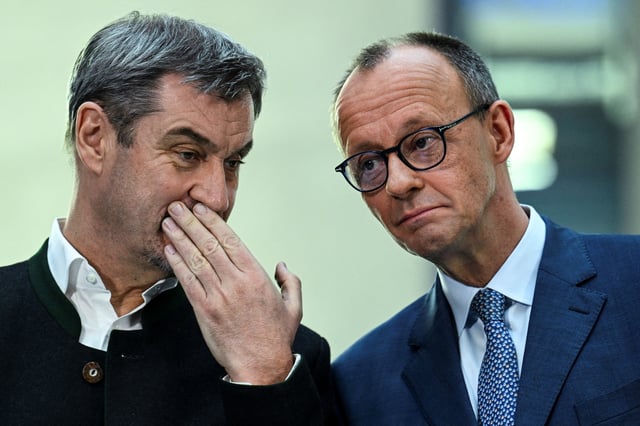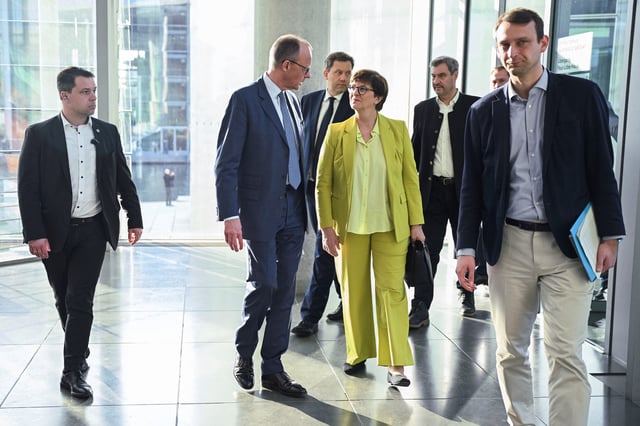Overview
- Friedrich Merz's CDU/CSU bloc and the SPD have agreed on preliminary coalition terms but need Green Party backing for key financial measures.
- Merz's proposed €500 billion infrastructure fund and increased defense spending require constitutional changes, necessitating a two-thirds parliamentary majority.
- The Greens have expressed concerns over the lack of climate-focused investments in the proposed spending plans and are demanding significant revisions.
- The coalition aims to push the measures through the outgoing parliament before March 25 to avoid potential opposition in the newly elected chamber.
- Merz has also called for stronger European nuclear deterrence through collaboration with France and the UK, complementing the U.S. nuclear shield.



